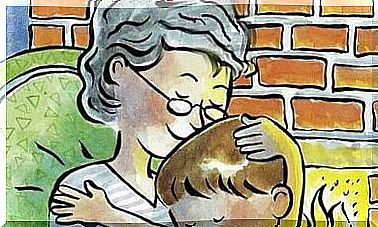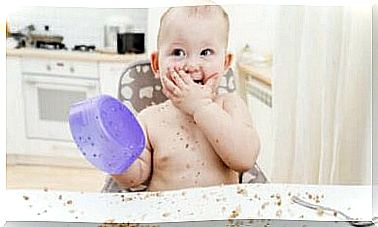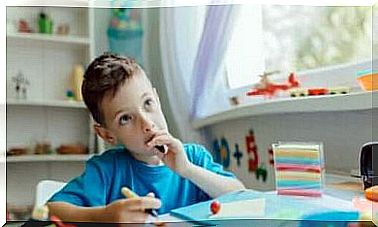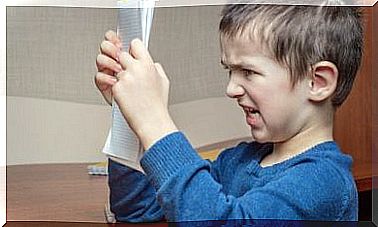Helping Children Get Better At Spelling
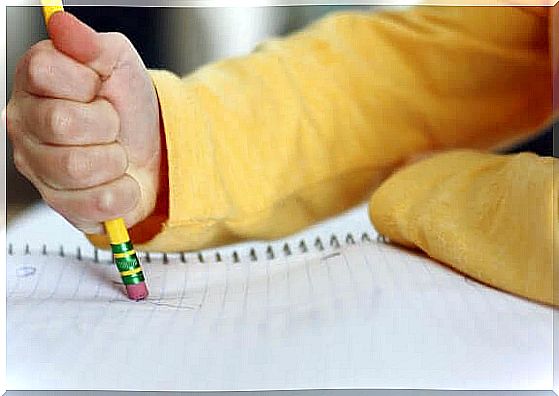
Learning to read and write is a long and complicated task for children. If you notice that your child has difficulty with spelling, you should know that there are several ways to help him or her get better at it. In this article you can read everything you need to know.
Board games, writing exercises, and reading a lot, are some of the best ways to help children learn to spell better.
Below we present several tips that will help your child become better at spelling. Take notes, be patient, and do not forget that the goal is to achieve results through hard work!
Tips to help children get better at spelling
1. Develop phonological awareness
The first suggestion to help children become better at spelling is to help them become more aware of phonetics. This is something fundamental when it comes to learning to spell correctly.
Children need to learn how to pronounce a word correctly before they can try to write it.
This means that children need to learn to recognize and distinguish the sounds within the spoken words. Only then can they learn to write them.
However, some children have a weakness when it comes to phonetics and pronunciation. Then parents and teachers should help them get better in this area.
Board games
Now it’s time to play and learn. Remember that some board games can be a fun way to test children’s spelling skills. At the same time, it is a good opportunity to learn new words.
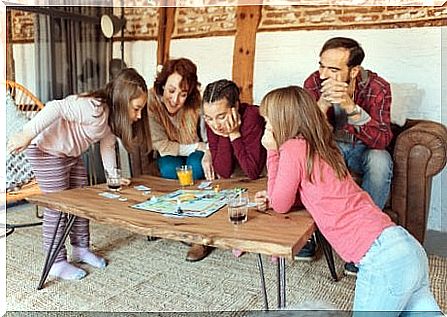
There are many different variations. Some classic games are for example Alphabet (Scrabble), Scattergories, Boggle and Upwords . These are excellent tools to help the little ones practice spelling, and have fun in the meantime.
One should not forget that children love games and games. Learning is always easier when you have fun.
3. Read sentences aloud
Our third suggestion when it comes to helping children learn to spell is to read one or two sentences aloud. You can improvise, or take them from any book or magazine that interests your child.
At the same time, it is important that your child has access to reference books, at school or at home. When it’s time to correct your child, you can talk about the mistakes the child has made and use them as a starting point for improvement.
4. Reading often improves children’s spelling
One of the best pieces of advice we can give when it comes to improving children’s spelling is without a doubt to encourage them to read often. It is best if the children read at least 30 minutes a day.
Reading is an excellent exercise to increase your vocabulary and become better at forming sentences. This is because reading allows the brain to absorb the words and sentences that the child reads in a natural way.
At the same time, if you really want to motivate children to read, look for books and other material that have some connection to their interests. Of course, you also need to help them find the time and place for everyday reading.
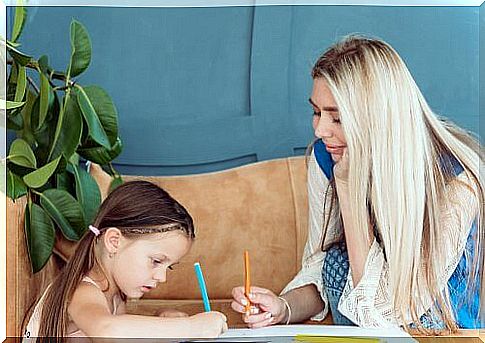
5. Draw the order
Finally , you can also use drawing as a mnemonic trick to improve spelling. Pictures are a great way for kids to remember how words are spelled. To help your child with this, you can always turn difficult words into pictures.
To do this, you only need to make a drawing of the word that your child is struggling with. Make a picture of the letters. This way, your child will have a graphic representation of the word, which will be easier for him or her to keep in mind.
As you have noticed , there are many ways to help children improve their spelling.
But remember that if you force them to perform tasks or if you are too demanding, it can have the opposite effect. Instead of helping, you risk increasing the child’s negative feelings about it.
We recommend that you try the above suggestions and try to motivate the child in a positive way. None of these strategies will work if your child does not have the right motivation or is not interested in getting better.

